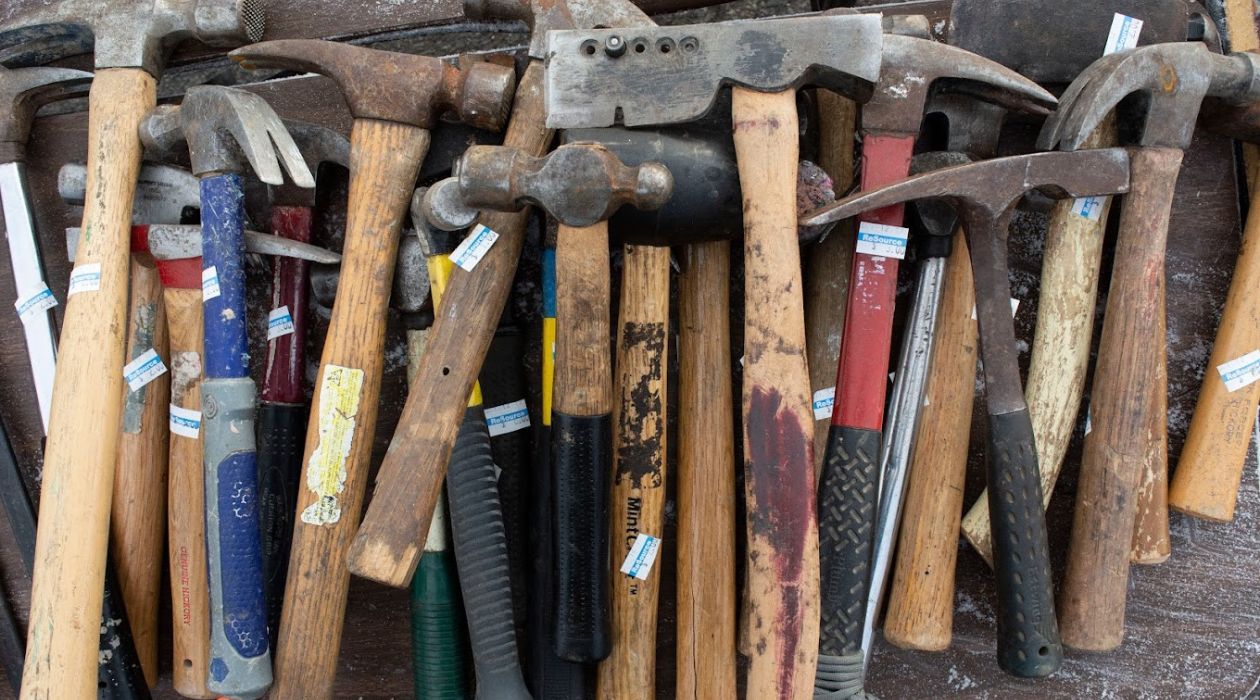

Articles
Where Can I Donate Used Hand Tools
Modified: December 7, 2023
Looking to donate used hand tools? Find the best articles guiding you on where to donate your used hand tools and make a positive impact.
(Many of the links in this article redirect to a specific reviewed product. Your purchase of these products through affiliate links helps to generate commission for Storables.com, at no extra cost. Learn more)
Introduction
Have you ever wondered what to do with your old hand tools? Instead of letting them collect dust in your garage or throwing them away, consider donating them to a worthy cause. Donating used hand tools not only helps declutter your space but also provides a valuable resource for those in need. In this article, we will explore various options for donating used hand tools and the benefits of doing so.
There are several reasons why donating used hand tools is a great idea. Firstly, it allows your tools to have a second life and be utilized by someone who may not have the means to purchase new tools. By donating, you are providing an opportunity for aspiring DIYers, students, or individuals facing financial challenges to access the tools they need to build, repair, or create.
Secondly, donating used hand tools contributes to the reduction of waste and promotes sustainability. Instead of adding to landfills, your tools can be reused, helping to conserve resources and reduce environmental impact. By extending the lifespan of the tools through donation, you are taking a step towards a more eco-friendly approach.
Now that we understand the importance of donating used hand tools, let’s explore the various avenues available for finding local donation centers.
Key Takeaways:
- Donating used hand tools empowers individuals, supports education, and promotes sustainability by extending the lifespan of tools and reducing waste, making a positive impact on communities and the environment.
- Researching local donation centers, non-profit organizations, trade schools, and community outreach programs provides opportunities to donate used hand tools, supporting those in need and contributing to a more sustainable and supportive society.
Read more: Where Can I Sell Used Hand Tools
Why Donate Used Hand Tools?
Donating used hand tools can have a significant impact on individuals and communities in need. Here are a few compelling reasons why you should consider donating your old tools:
- Accessibility: Not everyone has the financial means to purchase new tools, especially those who are just starting out or facing financial hardships. By donating your used hand tools, you are providing access to essential resources for individuals who may not have the ability to acquire them otherwise.
- Education and learning: Many educational institutions and vocational programs rely on donations to equip students with the necessary tools to learn and practice their crafts. By donating your used tools, you are supporting the development of skills and knowledge in various trades and industries.
- Sustainability: Donating used hand tools promotes sustainability by extending the lifespan of these tools. Rather than adding to the landfill, your tools can be reused and repurposed, reducing waste and conserving resources. This environmentally-conscious approach helps foster a more sustainable future.
- Community support: Donating tools is a way to give back to the community and support local initiatives. Your contribution can assist community outreach programs, non-profit organizations, and vocational training centers, enabling them to further their mission and positively impact the lives of others.
- Tax deductions: In some cases, donating your used hand tools may qualify you for a tax deduction. Be sure to keep receipts or consult with a tax professional to determine if you are eligible for any tax benefits through your donation.
By donating your used hand tools, you are not only decluttering your space but also making a meaningful difference in the lives of others. Whether it’s helping someone gain access to essential tools, supporting educational programs, or contributing to a sustainable future, your donation can have a far-reaching and positive impact. So, gather up your unused tools and explore the various avenues available for donating them.
Finding Local Donation Centers
If you’re looking to donate your used hand tools, one of the first steps is to find local donation centers that accept these items. Here are a few avenues you can explore:
- Thrift stores and second-hand shops: Many thrift stores and second-hand shops accept tool donations. These establishments often support local communities or charitable organizations and will gladly accept your used hand tools.
- Local charities and non-profit organizations: Reach out to local charities and non-profit organizations in your area to inquire if they accept tool donations. Some organizations may have specific programs or initiatives where they distribute tools to individuals in need.
- Community centers and churches: Community centers, churches, and other religious institutions often have programs or outreach efforts where they collect and distribute donated items, including hand tools. Get in touch with them to see if they can accept your donation.
- Home improvement stores: Some home improvement stores have partnerships with charitable organizations and may accept tool donations. Check with the customer service desk at your local hardware store to see if they have any donation programs in place.
- Online directories: Utilize online directories or platforms dedicated to connecting donors with local donation centers. These directories allow you to search for specific donation needs, including hand tools, in your area.
When contacting donation centers, it’s essential to inquire about their specific donation requirements. Some centers may have limitations on the types of tools they accept or the condition they should be in. Providing this information upfront will help ensure that your donation is accepted and put to good use.
In addition to the options mentioned above, you can also reach out to local vocational programs, trade schools, or community colleges that offer hands-on training in various trades. These institutions may be interested in receiving tool donations to support their students’ learning and development.
By exploring these avenues and reaching out to local donation centers, you can find a suitable place to donate your used hand tools. It’s important to remember that your donation, no matter how small, can make a significant impact and help someone in need.
Non-profit Organizations that Accept Used Hand Tool Donations
Non-profit organizations play a crucial role in providing support and resources to individuals and communities in need. Here are some popular non-profit organizations that accept used hand tool donations:
- Habitat for Humanity: Habitat for Humanity is a renowned non-profit organization dedicated to building and improving homes for those in need. They often accept tool donations to equip their construction volunteers and empower individuals to build a better future.
- Toolbank: Toolbank is a network of non-profits that lend tools to charitable organizations and community groups. They accept tool donations and ensure they are distributed to projects and programs that benefit the community.
- Goodwill: Goodwill is a widely recognized non-profit organization that accepts various donations, including used hand tools. The proceeds from the sale of donated items go towards supporting their job training and employment programs.
- Salvation Army: The Salvation Army is another non-profit organization that accepts tool donations. They sell donated items at their thrift stores, and the proceeds go towards funding their initiatives, such as providing food, shelter, and rehabilitation services to those in need.
- Hospitals and healthcare organizations: Some hospitals and healthcare organizations accept tool donations for their maintenance and engineering departments. These tools are often used to repair and maintain medical equipment, ensuring the smooth operation of healthcare facilities.
It’s worth noting that not all non-profit organizations accept used hand tool donations. Before donating, it’s best to reach out to the specific organization to ensure they are currently accepting such donations and to determine any specific requirements they may have.
In addition to the organizations mentioned above, local charities and community organizations may also accept used hand tool donations. These organizations are often focused on serving the immediate community and have specific initiatives where donated tools can be put to good use.
Remember, donating to non-profit organizations not only provides support to those in need but also helps these organizations continue their valuable work. Your used hand tools can make a difference in someone’s life and contribute to the betterment of the community.
Trade Schools and Vocational Programs
Trade schools and vocational programs are educational institutions that focus on providing hands-on training and practical skills in specific trades. These institutions often rely on donated tools to support their students’ learning and development. Here’s how you can donate your used hand tools to trade schools and vocational programs:
1. Research local trade schools and vocational programs: Start by researching trade schools and vocational programs in your area. Look for institutions that offer training in trades such as carpentry, plumbing, electrical work, automotive repair, and more. Take note of their contact information and donation policies.
2. Reach out to the institutions: Contact the trade schools and vocational programs you are interested in and inquire about their tool donation process. They will likely have specific guidelines in terms of the types of tools they accept and their overall condition.
3. Donate directly to the school or program: Some trade schools and vocational programs have on-site tool donation drop-off locations. You can arrange a time to drop off your donated tools directly at the institution. Alternatively, they may provide information on designated donation drop-off points or specific individuals to contact for tool donations.
4. Attend donation drives or events: Trade schools and vocational programs sometimes host donation drives or events where they collect tools and equipment. These events can be a great opportunity to donate your used hand tools directly to the institution and meet the people who will benefit from your donation.
5. Consider donating specialized tools: Trade schools and vocational programs may have specific needs for specialized tools related to the trades they offer. If you have any specialized tools in good condition that you no longer use, they may be especially valuable to these institutions and their students.
Donating your used hand tools to trade schools and vocational programs helps support the education and training of future tradespeople in your community. Your donation can provide students with the necessary tools to practice their skills and gain hands-on experience in their chosen fields.
Before making your donation, be sure to inquire about any specific requirements or restrictions the institution may have. By following their guidelines, you can ensure that your donated tools are put to the best possible use and have a meaningful impact on the students’ learning experience.
Consider donating your used hand tools to local vocational schools, community colleges, or trade programs. These institutions often welcome tool donations to support hands-on learning for their students.
Read more: Where Can I Donate Blinds
Community Outreach Programs
Community outreach programs are initiatives that aim to support and uplift local communities by providing resources and assistance to those in need. These programs often rely on donated items, including hand tools, to fulfill their mission. Here’s how you can donate your used hand tools to community outreach programs:
1. Research local community outreach programs: Start by researching community outreach programs in your area. Look for organizations or initiatives that focus on improving the lives of community members, especially those facing challenges or adversity. Take note of their contact information and donation policies.
2. Reach out to the programs: Contact the community outreach programs you are interested in and inquire about their tool donation process. They may accept used hand tools to support various projects or programs, such as home repairs, community gardens, or vocational training for underprivileged individuals.
3. Donate directly to the program: Some community outreach programs may have designated drop-off locations or collection points where you can donate your used hand tools. Arrange a time to drop off your donation and ensure that the tools are in good condition and suitable for their intended use.
4. Participate in community events or drives: Community outreach programs often hold events or drives where they collect donations, including tools. Keep an eye out for these events in your community and take the opportunity to donate your used hand tools directly to the program.
5. Consider volunteering your skills: In addition to donating tools, you can also contribute your time and expertise to community outreach programs. If you have knowledge and experience in a particular trade or skill, consider volunteering to teach workshops or assist with projects where your skills can be utilized.
Donating your used hand tools to community outreach programs helps support the well-being and development of individuals and families in your community. These programs often work directly with those in need and strive to make a positive impact on their lives.
Before making your donation, make sure to communicate with the program to understand their specific needs and any guidelines they may have for tool donations. By aligning your donation with their requirements, you can ensure that your used hand tools will be put to good use and benefit those who need them the most.
Online Donation Platforms
Online donation platforms provide a convenient and accessible way to donate your used hand tools to individuals, organizations, and communities in need. Here are some popular online donation platforms where you can contribute:
- Freecycle: Freecycle is an online platform where people can give away and receive items for free within their local community. You can post your used hand tools on Freecycle, and someone in your area who needs them can claim them.
- Craigslist: Craigslist is a classified advertisements platform where you can list items for sale or for free. Create a listing for your used hand tools, and interested individuals in your local community can contact you to arrange pickup or delivery.
- Facebook Marketplace: Facebook Marketplace allows you to buy, sell, and give away items within your local community. Create a listing for your used hand tools, and interested individuals can browse and contact you directly through the platform.
- Nextdoor: Nextdoor is a social networking platform for neighbors to connect and communicate. You can post about your used hand tools on Nextdoor, offering them to members of your local community who may be in need.
- DonationMatch: DonationMatch is a platform that connects businesses and individuals with non-profit organizations. You can create a listing for your used hand tools, specifying that you would like to donate them to a non-profit organization. Interested organizations can then reach out to you to coordinate the donation.
When using online donation platforms, be sure to provide detailed descriptions of your used hand tools, including their condition and any relevant information. This will help potential recipients understand the value and suitability of the items for their specific needs.
Additionally, it’s important to take necessary precautions when using online platforms. Meet in a public place or arrange for safe pickup or delivery methods to ensure a secure and smooth transaction.
Utilizing online donation platforms allows you to reach a wider audience and connect with individuals and organizations beyond your immediate community. It provides an efficient way to find recipients who can benefit from your used hand tools and ensures that your donation reaches those who truly need it.
Recycling Centers for Tools
When your used hand tools are no longer usable or repairable, recycling them is a responsible and sustainable option. Recycling centers specifically dedicated to tools can ensure that the materials are properly handled and processed. Here’s what you need to know about recycling centers for tools:
1. Locate a specialized recycling center: Research recycling centers in your area that specialize in accepting and recycling hand tools. These centers are equipped to handle different types of tools and their components in an environmentally friendly manner.
2. Check recycling requirements: Contact the recycling center to inquire about their specific requirements for tool recycling. They may have guidelines on the types of tools they accept, any dismantling or preparation needed before recycling, and any fees or limitations associated with the process.
3. Properly prepare the tools for recycling: Before taking your used hand tools to the recycling center, it’s important to follow any preparation instructions provided. This may include removing batteries, separating different materials, or disassembling them as necessary to ensure a smooth recycling process.
4. Drop off the tools at the recycling center: Once you have prepared the tools according to the recycling center’s guidelines, take them to the designated drop-off location. The staff at the center will guide you on where to place the tools and provide any additional instructions.
5. Consider donating usable parts: If certain parts of your used hand tools are still functional, consider donating them to local repair workshops or DIY enthusiasts. This helps extend the lifespan of usable components and reduces waste.
Recycling centers for tools play a critical role in diverting waste from landfills and minimizing the environmental impact associated with discarded tools. By responsibly recycling your used hand tools, you contribute to the conservation of resources and promote a more sustainable approach to waste management.
Remember, recycling centers often have specific procedures and guidelines in place, so it’s essential to reach out to them and understand their requirements. By supporting tool recycling, you actively participate in the circular economy and contribute to a greener future.
Tips for Donating Used Hand Tools
When donating your used hand tools, it’s important to ensure that they are in good condition and can be effectively utilized by those in need. Here are some helpful tips to keep in mind when donating your tools:
- Inspect and clean the tools: Before donating, inspect your hand tools for any damage or excessive wear. Clean them to remove dirt, rust, or any other debris. This will not only make the tools more presentable but also ensure that they are in usable condition for the recipients.
- Include any accessories or manuals: If your hand tools came with any accessories, attachments, or instruction manuals, be sure to include them when donating. These additional items can greatly enhance the usefulness and value of the donated tools.
- Organize and package the tools: Organize the tools in a way that makes them easily accessible and presentable. Consider packaging them in a sturdy container or bag to keep them protected during transport and handling.
- Include relevant information: Attach a note or label to each tool that provides basic information such as the tool’s name, brand, and any specific features or specifications. This information can be helpful for the recipients, especially if they are unfamiliar with certain tools.
- Research donation options: Take the time to research different donation options, such as local non-profit organizations, community centers, vocational programs, or online platforms. Each option may have specific requirements or focuses, so find the one that aligns with your goals and values.
- Communicate with the donation center: Reach out to the donation center or organization in advance to inquire about their specific donation requirements, drop-off locations, and operating hours. This will help ensure a smooth and successful donation process.
- Consider tax deductions: If you donate your hand tools to a recognized non-profit organization, you may be eligible for a tax deduction. Keep track of your donation receipts and consult with a tax professional to determine if you qualify for any tax benefits.
- Spread the word: Encourage others to donate their used hand tools as well. Share information about the organizations or platforms you’ve used and the positive impact that can be made through tool donations. Together, we can make a difference in the lives of those in need.
By following these tips, you can ensure that your used hand tools are in good condition, well-prepared, and ready to be donated to individuals, organizations, or programs that can benefit from them. Your donation provides valuable resources to those who need them and contributes to a more sustainable and supportive community.
Read more: Where Can I Donate Home Decor
Conclusion
Donating used hand tools is a wonderful way to declutter your space, support those in need, and promote sustainability. Whether you choose to donate to local donation centers, non-profit organizations, trade schools, community outreach programs, or utilize online platforms and recycling centers, each option serves a unique purpose and helps make a positive impact.
Through your donations, you are providing access to essential resources for individuals who may not have the means to purchase new tools. You are empowering aspiring DIYers, students, and individuals facing financial challenges to pursue their passions, learn new skills, and build a better future.
Donating used hand tools also contributes to the reduction of waste and environmental impact. By extending the lifespan of these tools through donation or proper recycling, you are taking an important step towards a more sustainable future.
As you prepare your used hand tools for donation, remember to inspect and clean them to ensure they are in good condition. Include any relevant accessories or manuals, and organize the tools in a presentable manner. Research your donation options and communicate with the donation centers to ensure a smooth process.
By spreading the word about the benefits of donating used hand tools, we can encourage others to join in and make a difference in their communities as well. Together, we can support local organizations, provide valuable resources to those in need, and contribute to a more sustainable and supportive society.
So, gather your unused hand tools, explore the various donation avenues available, and make a positive impact through your generous contributions. Your donation can empower others, promote education and skills development, and create a lasting legacy of giving.
Remember, donating used hand tools is not just about decluttering. It’s about making a meaningful difference in the lives of others and shaping a better future for our communities and the planet we call home.
Frequently Asked Questions about Where Can I Donate Used Hand Tools
Was this page helpful?
At Storables.com, we guarantee accurate and reliable information. Our content, validated by Expert Board Contributors, is crafted following stringent Editorial Policies. We're committed to providing you with well-researched, expert-backed insights for all your informational needs.

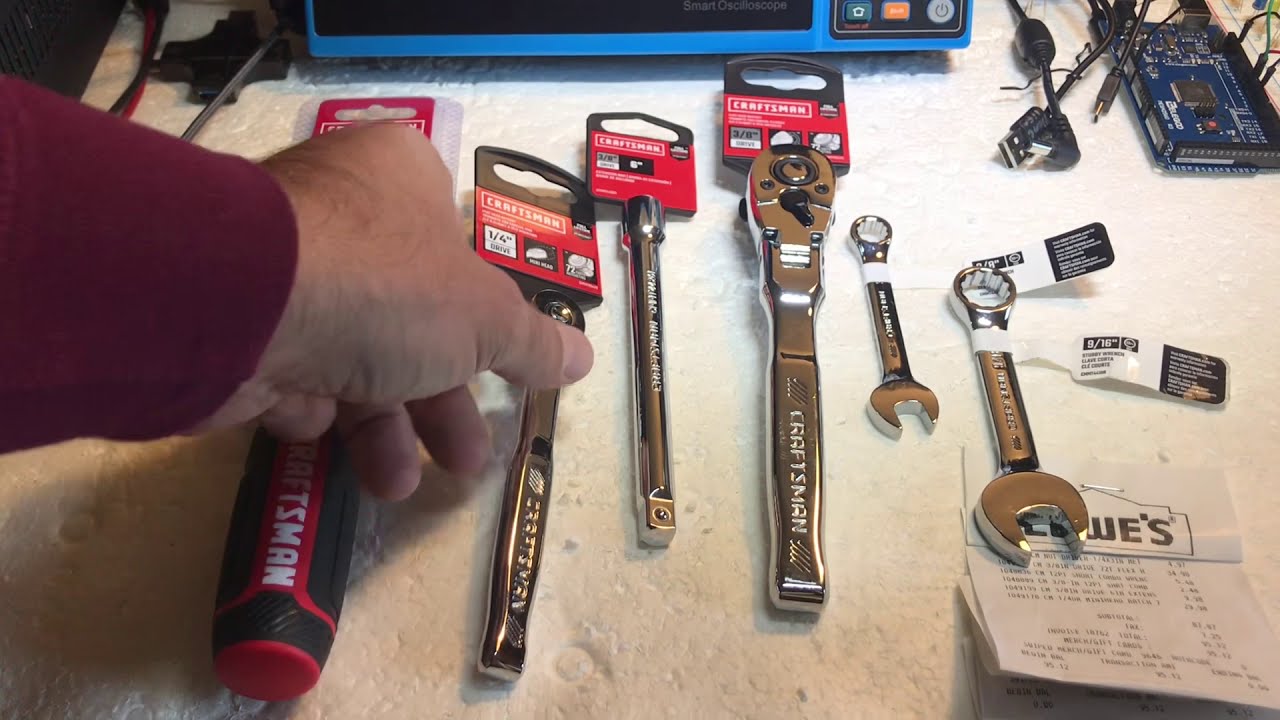


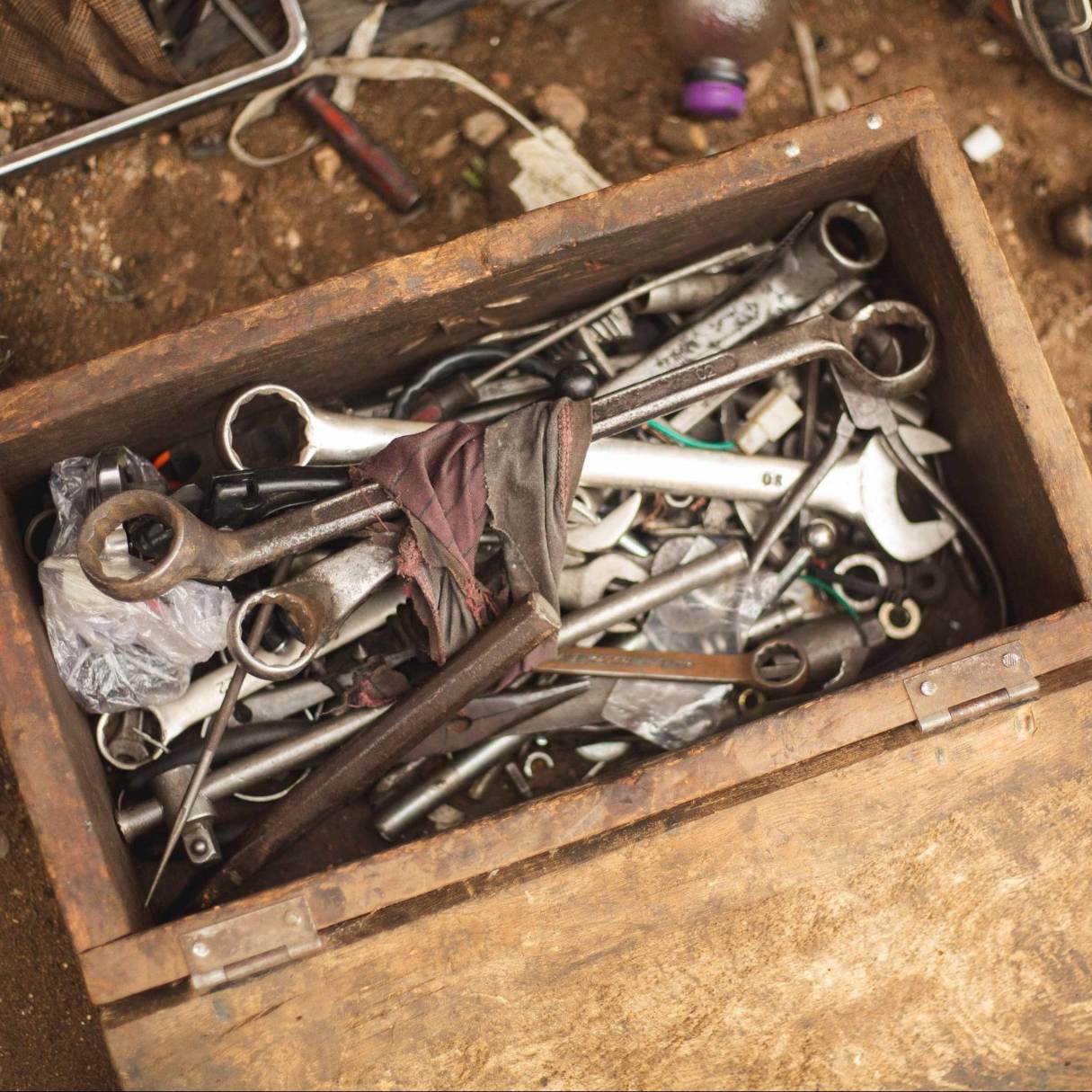
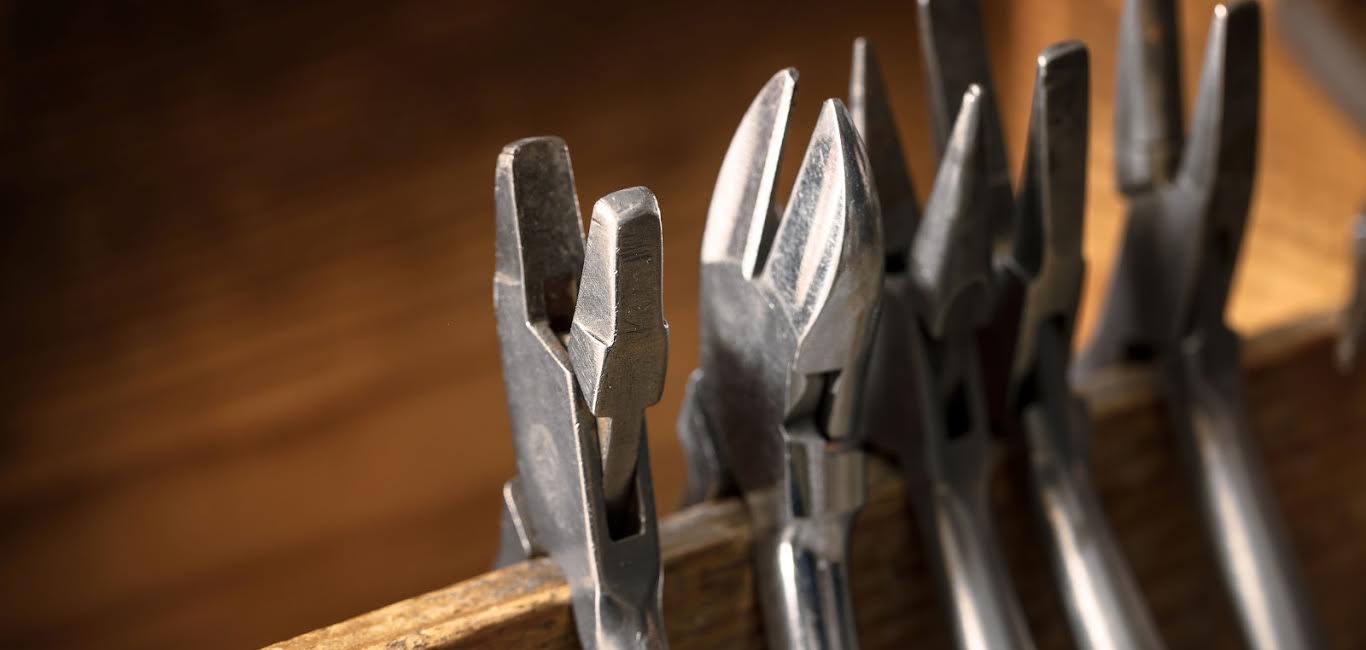
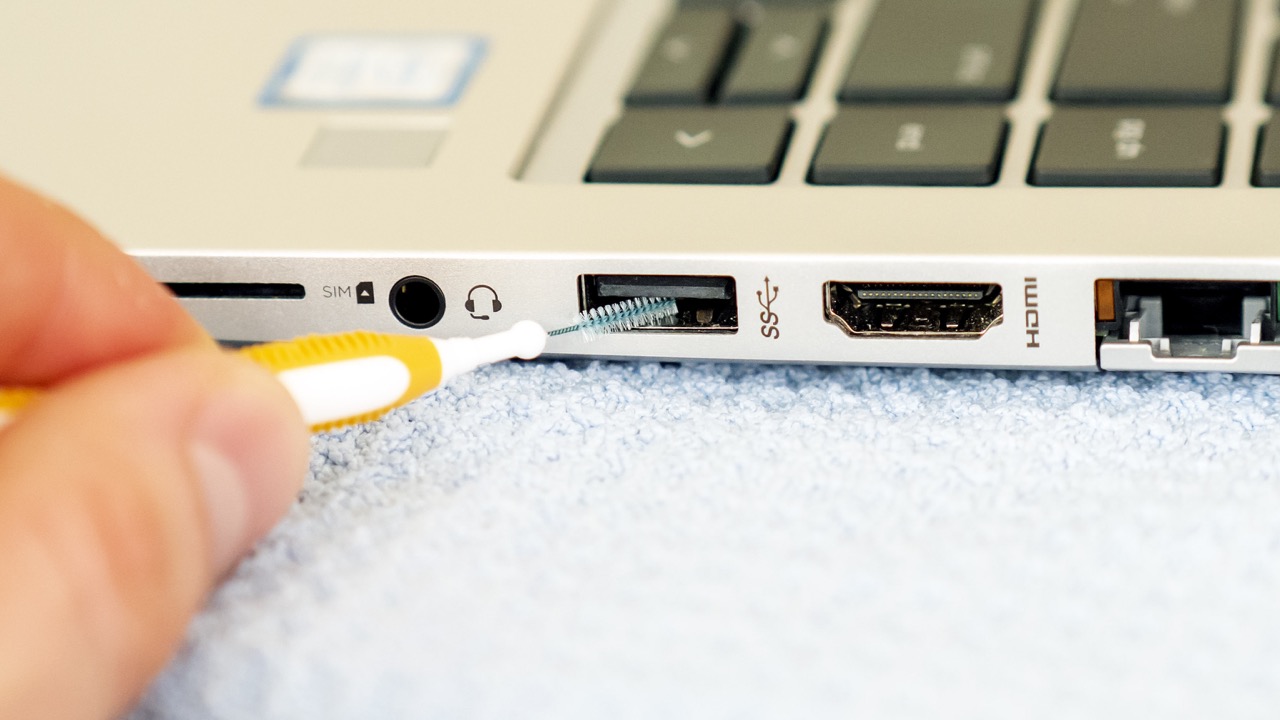
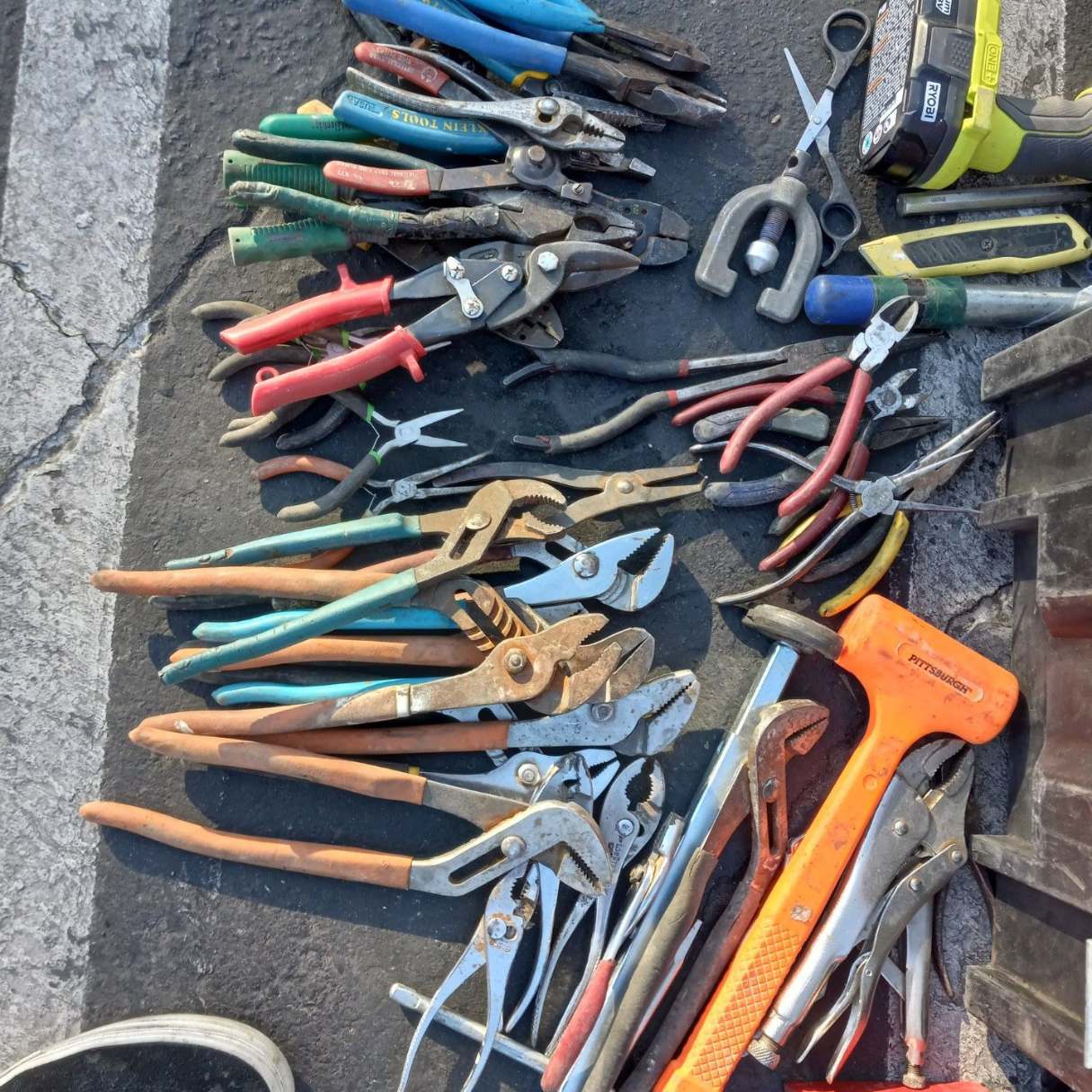

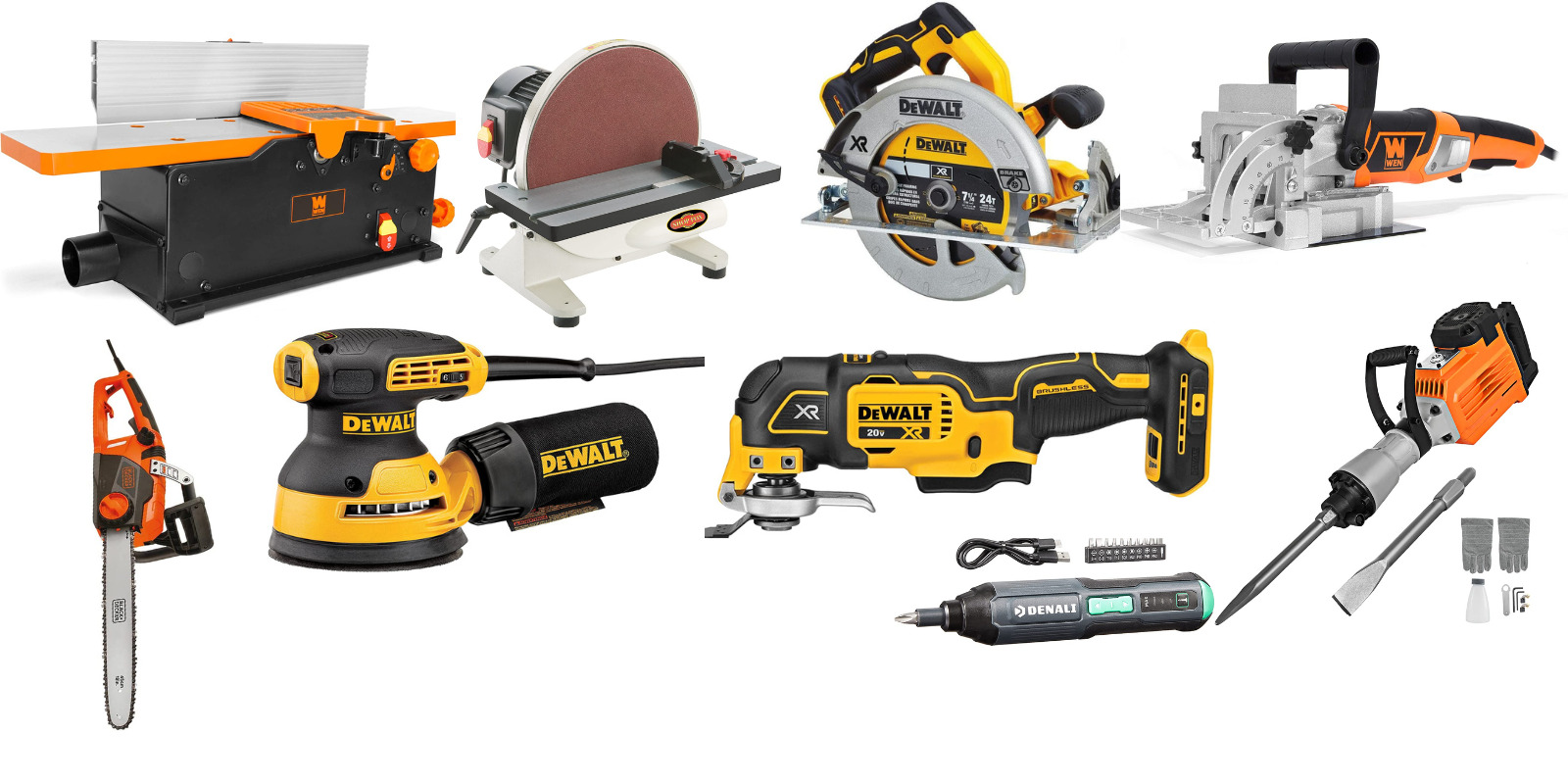
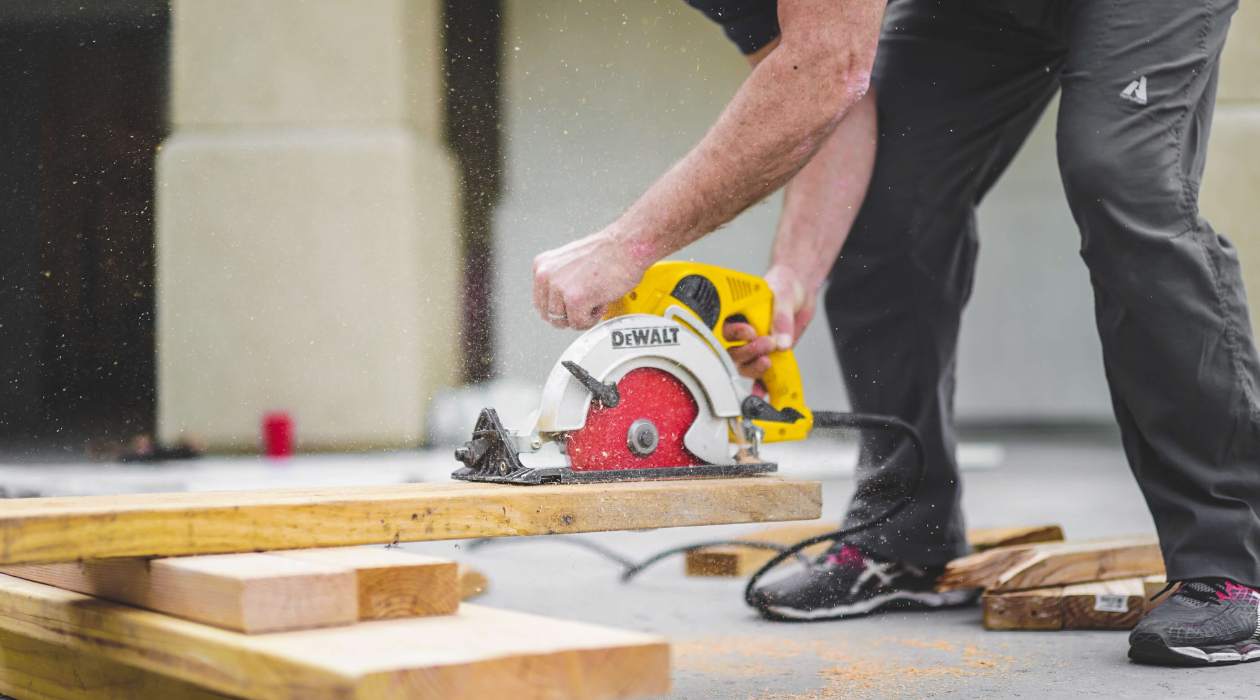

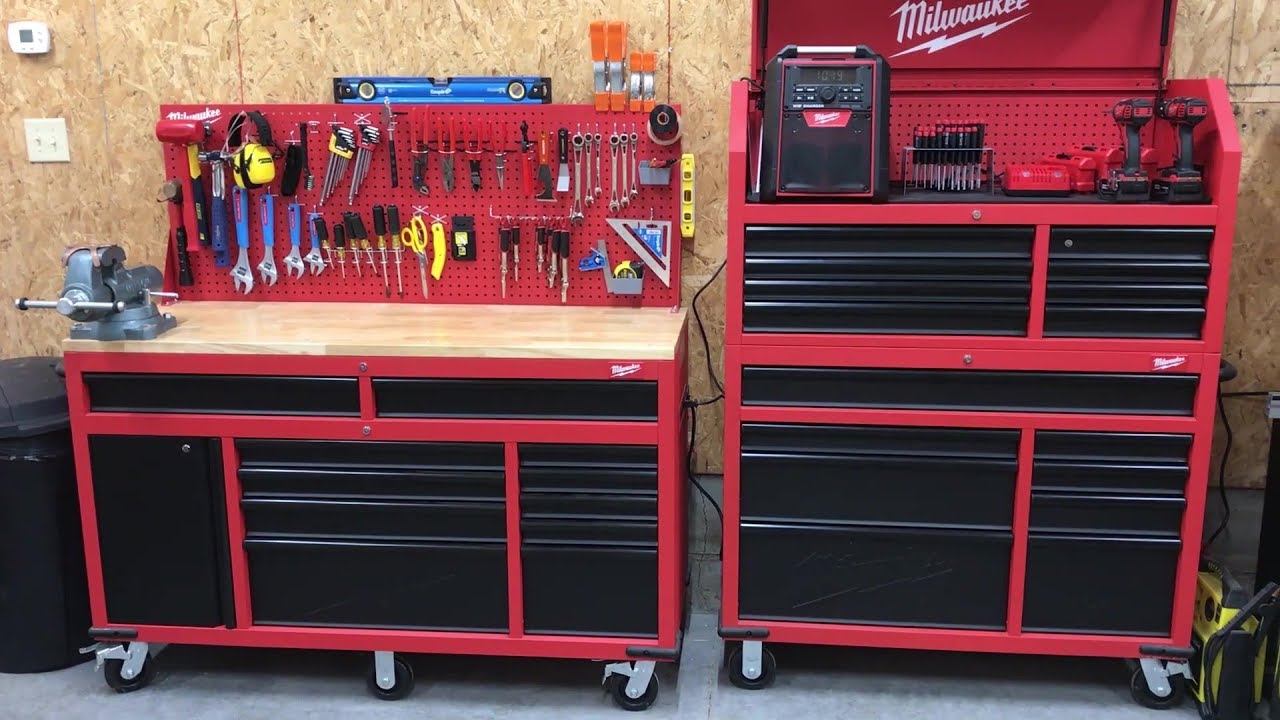

0 thoughts on “Where Can I Donate Used Hand Tools”